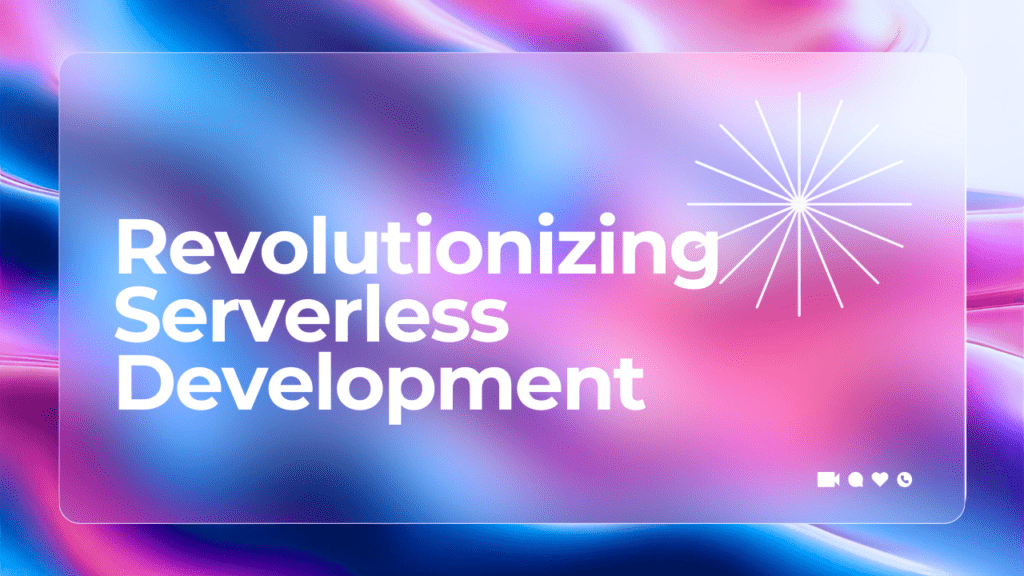
Azure Functions is a Microsoft Azure service that provides a serverless compute platform for building event-driven applications. With serverless computing, you focus on writing code (functions) without worrying about server management or provisioning. Azure Functions plays a major role in simplifying and accelerating serverless application development. Here’s how:
- Focus on Code, Not Servers:
- Abstraction: Azure Functions handles server provisioning, management, and scaling. Developers concentrate on writing the code (business logic) without worrying about infrastructure.
- Flexibility with Languages:
- Multi-language support: Develop functions using various programming languages like C#, JavaScript, Python, and more, allowing developers to choose their area of expertise.
- Event-Driven Architecture:
- Triggers and Bindings: Functions respond to various events (triggers) like HTTP requests, timer events, or messages from other Azure services (bindings). This event-driven approach creates loosely coupled and scalable applications.
- Integration with Azure Services:
- Seamless connectivity: Azure Functions integrates easily with other Azure services, allowing developers to leverage functionalities like storage, databases, and analytics for a comprehensive cloud solution.
History of Azure Functions.

Azure Functions have been around since 2014 and have become a prominent option for serverless development on the Azure cloud platform. This was announced in 2014 by Microsoft in a General Availability (GA) release in November 2016. Azure Functions supported multiple programming languages, including C#, JavaScript, Python, and F#, right from the start and integrated with various Azure services like storage, Cosmos DB, and Logic Apps. Azure Functions became a popular choice for building serverless applications on Azure.
Key benefits of using Azure Functions for serverless development:

- Faster Development: Reduced infrastructure management frees up time for developers to focus on core functionalities and innovation.
- Cost-Effectiveness: Pay only for the resources consumed when the function runs, leading to optimised costs.
- Scalability: Azure Functions automatically scales based on demand, ensuring smooth handling of traffic spikes.
- Focus on code, not infrastructure: Azure Functions handles server provisioning, scaling, and patching, allowing you to concentrate on developing your application logic.
- Event-driven architecture: Your code runs in response to events triggered by various sources like HTTP requests, database changes, or queue messages. This promotes loose coupling and simplifies application design.
- Choice of programming languages: Azure Functions supports a variety of languages, including C#, JavaScript, Python, Java, and more. You can choose the language that best suits your project and development team.
- Integration with Azure services: Azure Functions integrates seamlessly with other Azure services like Azure Storage, Azure Cosmos DB, and Azure Event Hubs. This allows you to easily build complex workflows and applications.
Job opportunities for Azure Functions for serverless development:
- Azure Functions Developer.
- Serverless Developer (with Azure Functions experience).
- Cloud Functions Developer (with Azure Functions experience).
- DevOps Engineer (with Azure Functions experience).
Azure Functions are a well-regarded service for serverless development. Azure Functions jobs typically pay between $70,000 and $150,000 per year in the United States, depending on experience, location, and the specific role.

The future of Azure Functions looks bright for serverless development. Azure Functions is well-positioned to be a leader in serverless development, offering a robust, scalable, and cost-effective platform for building modern cloud applications. Overall, Azure Functions is staying focused on making serverless development on Azure an attractive option for developers.






